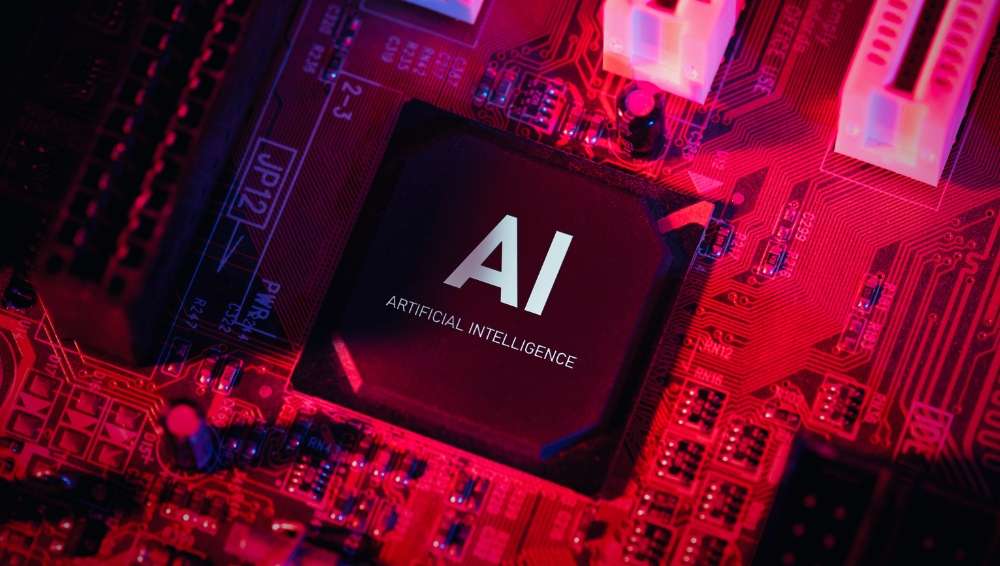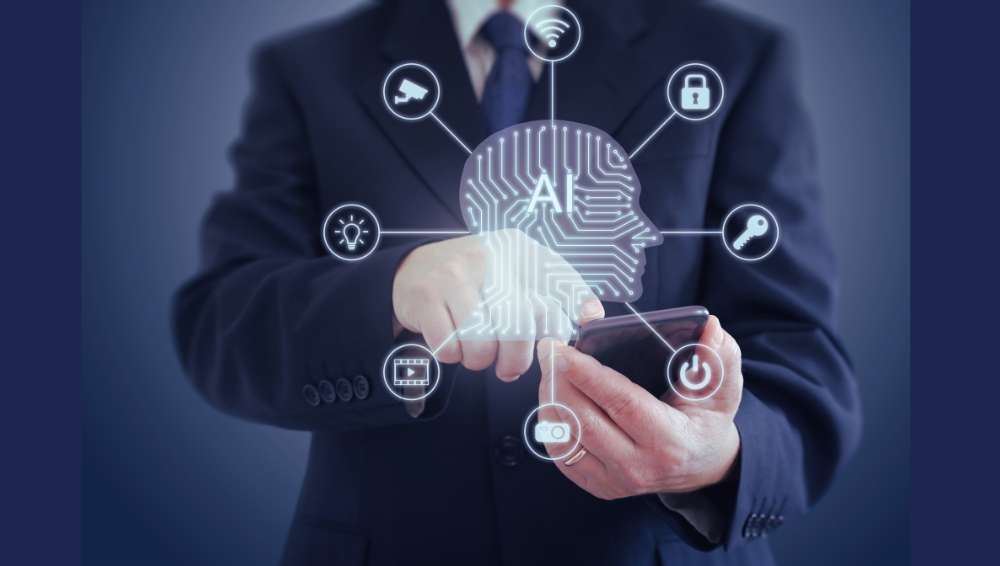

Goldman Sachs deploys AI software engineer for routine coding tasks
12 Jul 2025, 12:12 PMThe AI system 'Devin' will handle routine coding tasks such as updating internal code to modern programming languages.
Team Head&Tale
Goldman Sachs has begun testing an artificial intelligence-powered software engineer that will work alongside the bank's 12,000-strong technology workforce.
The investment bank is piloting Devin, an AI agent developed by startup Cognition, which can independently complete complex programming tasks without human intervention.
Marco Argenti, Goldman's chief technology officer, told CNBC the bank expects to deploy hundreds of these digital workers initially, with potential expansion into the thousands.
"We're going to start augmenting our workforce with Devin, which is going to be like our new employee," Argenti told CNBC.
Although supervised by human employees, the AI system will handle routine coding tasks such as updating internal code to modern programming languages.
Goldman becomes the first major financial institution to deploy Cognition's technology, which the startup bills as the world's first autonomous software engineer.
The AI system demonstrated its capabilities in public demonstrations last year, showing it could function as a full-stack developer across various programming tasks.
Technology giants including Microsoft and Alphabet report that AI now generates approximately 30% of code on certain projects, while Salesforce chief executive Marc Benioff claims AI handles half of his company's work.
Argenti, who joined Goldman from Amazon in 2019, believes this advanced AI could boost productivity by three to four times compared to previous automation tools.
Cognition, founded in late 2023 by three engineers, has attracted significant venture capital backing. The company doubled its valuation to nearly $4 billion within a year of launching Devin, with investors including Peter Thiel and Joe Lonsdale, co-founders of data analytics firm Palantir.
Bloomberg Intelligence estimates banks globally could eliminate up to 2,00,000 positions over the next three to five years as they implement AI systems. However, Argenti envisions a "hybrid workforce" where humans and AI collaborate rather than compete.











